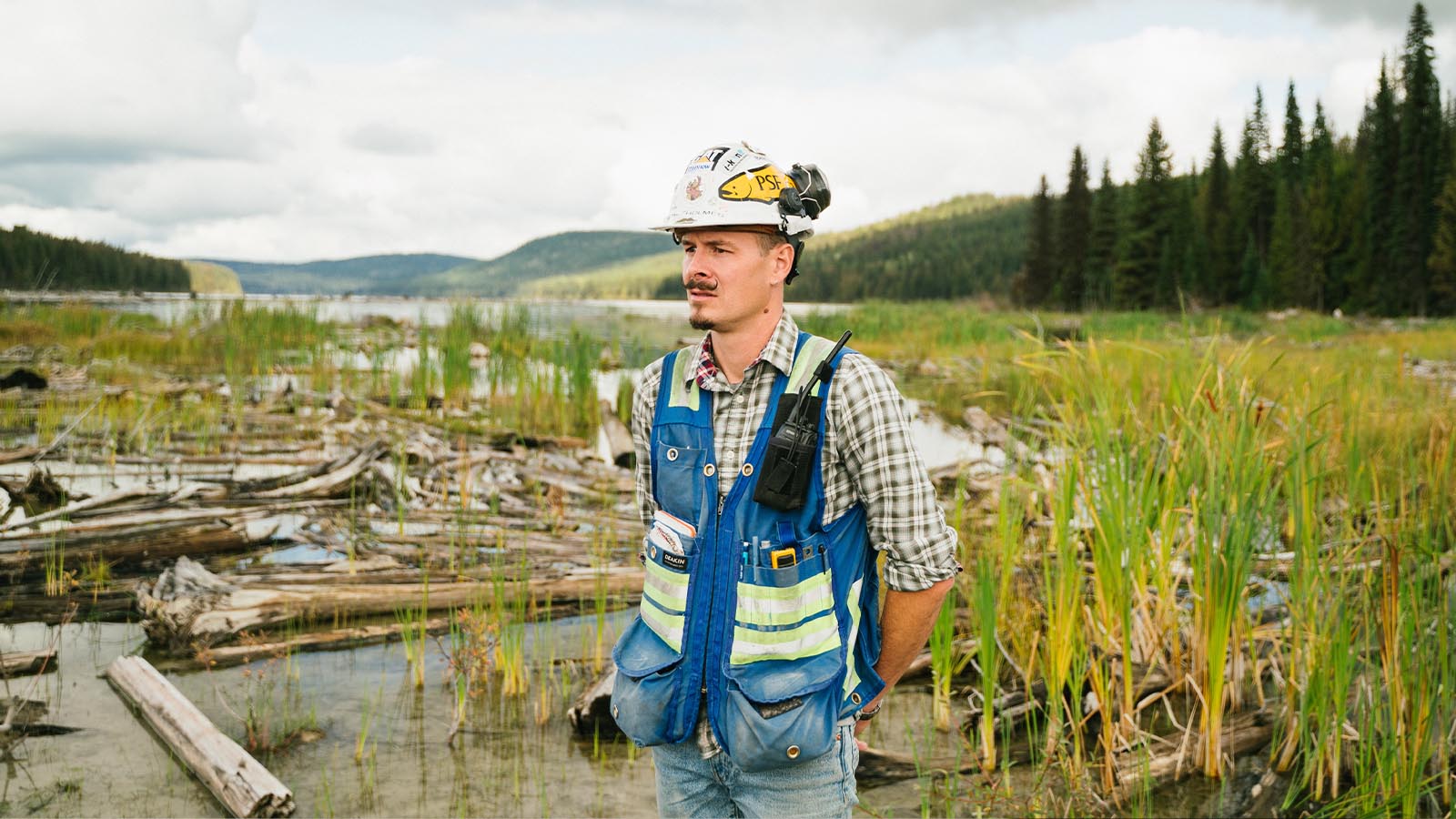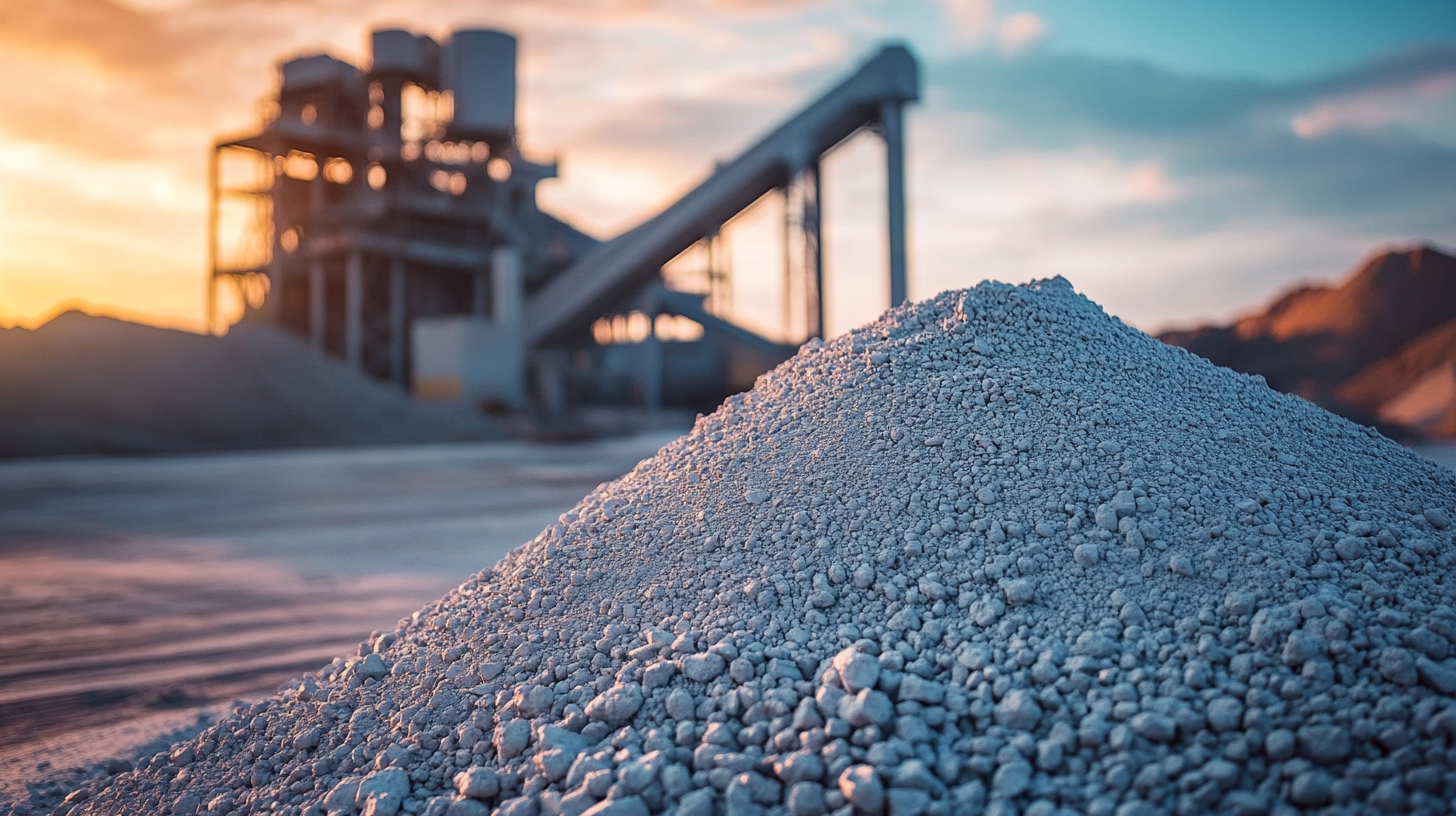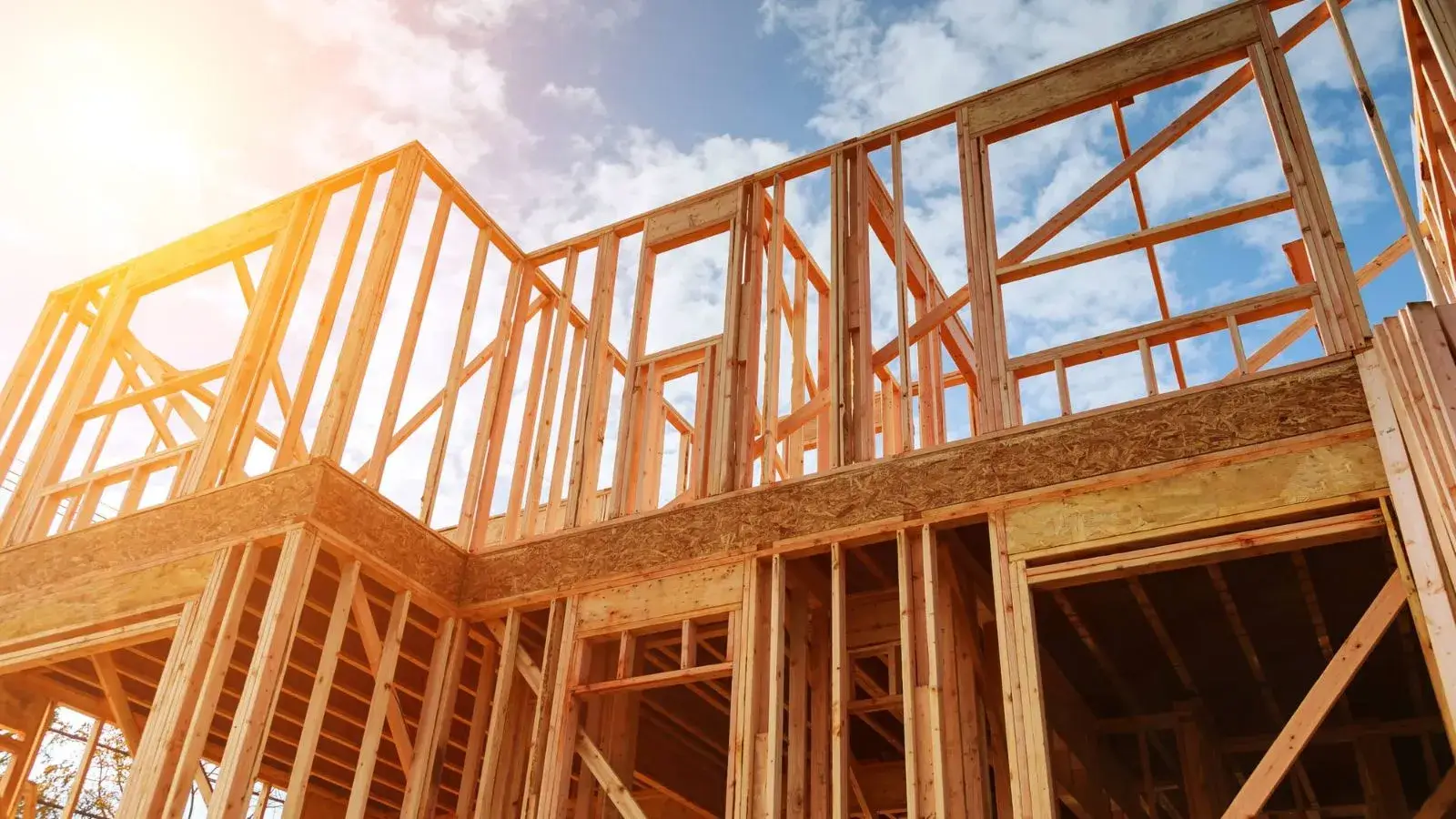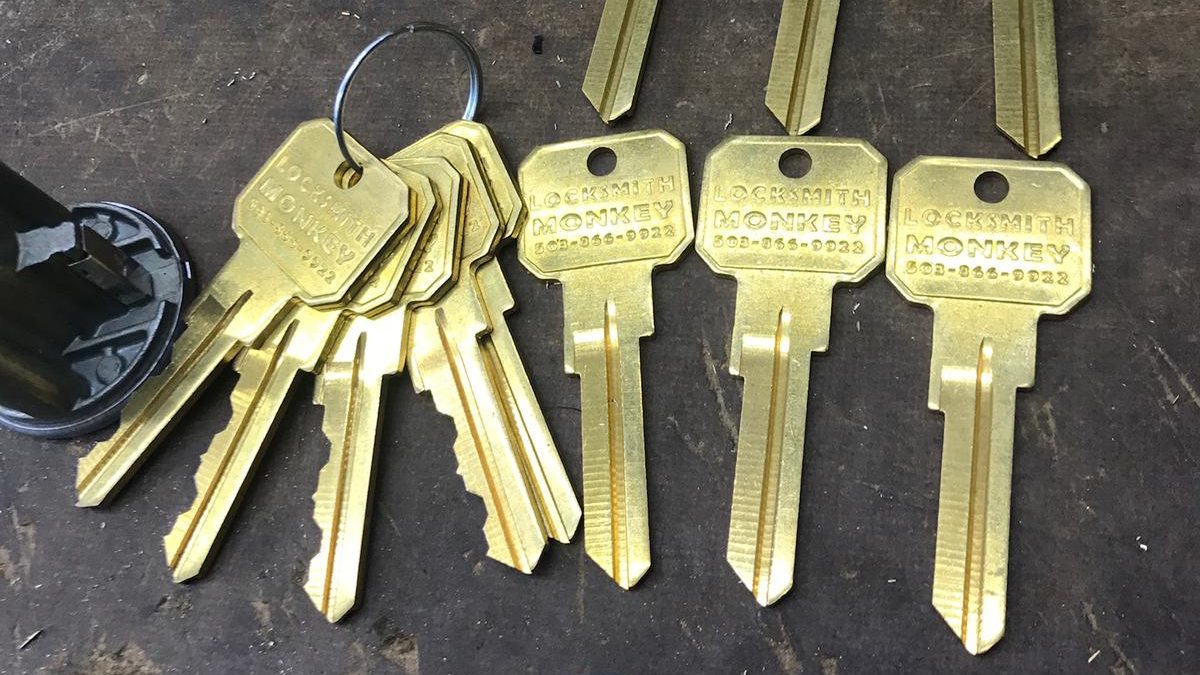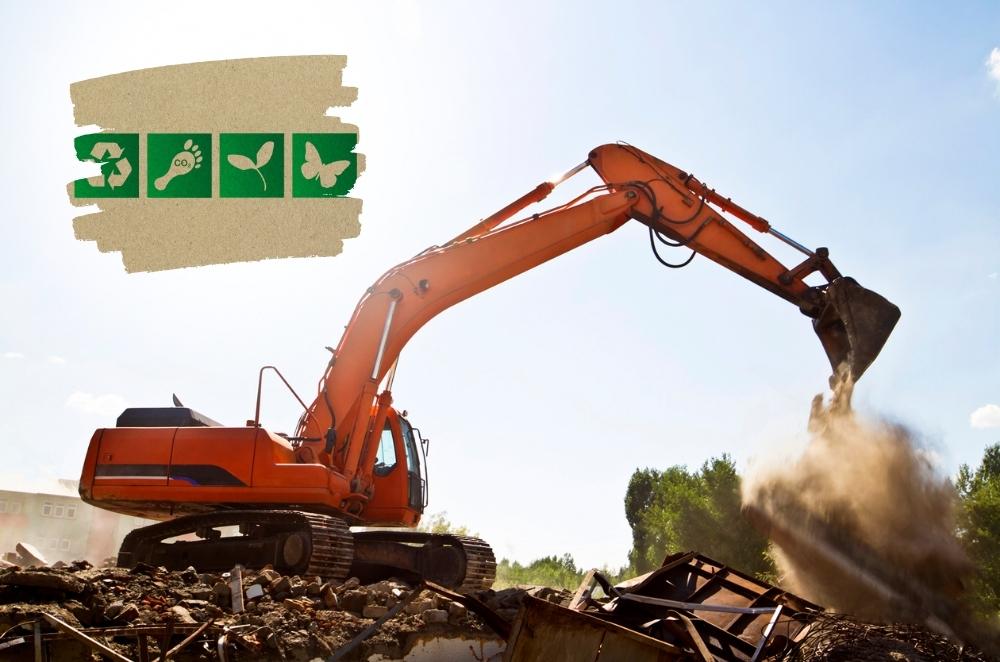
Traditional demolition methods leave footprints on the environment. However, with increasing concern for environmentally friendly practices, the call for eco-friendly demolition continues to grow. By adopting responsible techniques and working with a licensed and insured demolition Newcastle boasts of, homeowners and businesses can minimise their impact on the planet.
This article discusses the critical elements of green demolition, from understanding the environmental effects of traditional demolition processes to discussing sustainable options. We will also mention the importance of fast tree removal and cleanup as part of a complete demolition process.
Understanding the environmental impact of traditional demolition
Explosives and mechanical demolition are the old traditional methods of demolition, which have a very severe environmental impact. Heavy machines, noise pollution, and pollutants emitted in the air are some of the effects caused by such methods. The primary generation of commercial and demolition (C&D) wastes also occurs, leading to landfill overflow and soil contamination.
Eco-conscious demolition techniques
There are different green ways of demolition to prevent such adverse environmental impacts. Thereby, they developed the following:
- Selective demolition involves carefully dismantling a structure and salvaging brick, timber, and metal resources. Preserving these resources reduces the demand for new resources and waste creation.
- Deconstruction, on the other hand, is a more meticulous kind of demolition. It demolishes a building piece by piece. This technique allows the maximum salvage of reusable materials with minimal waste generation.
- Green demolition certification: Green demolition certification programs establish standards for sustainable demolition practices. This allows demolition companies to ensure their projects meet rigorous environmental criteria.
Tree removal and cleanup: A crucial part of eco-friendly demolition
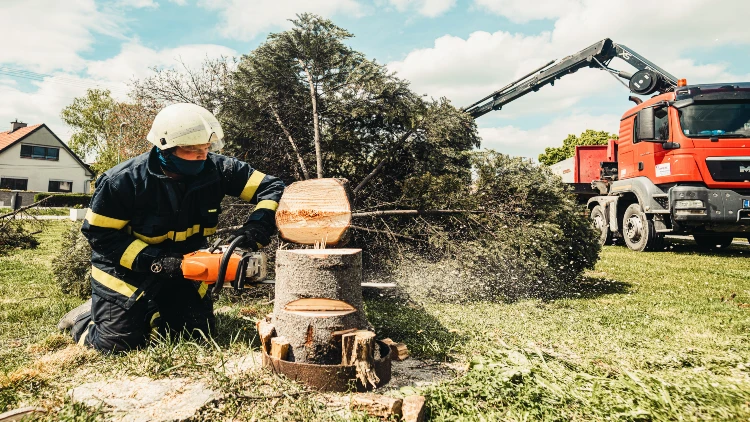
Trees are essential to our environment, providing benefits such as shade, improved air quality, and wildlife habitat. This makes it necessary to ensure fast and effective tree removal and cleanup in a demolition project. Early tree removal and waste elimination mean fewer disturbances to the local ecosystem and a reduced likelihood of falling branches that might cause accidents.
Quick tree removal is also essential in cities because trees can be near structures, power lines, or other infrastructures. This could easily cause property damage or put the lives of the public at risk. More importantly, quick debris clearing from trees could help prevent diseases and pest infestations.
Some factors must be considered when planning quick tree removal and cleanup.
- Tree size and location: Larger trees and those in confined spaces may require specialised equipment and techniques to remove them safely and expeditiously.
- Weather conditions: Poor weather, powerful winds, or heavy rainfall can affect the rate and safety of tree removals.
- Local regulatory requirements: Local authorities regulate tree removal, especially regarding protected species and areas designated as conversation.
Careful consideration of all these factors and collaboration with professional tree removal staff ensures that the activity is undertaken efficiently and safely.
Another environmentally friendly feature of tree clearance is proper waste disposal. Apart from quick clearance, other wastes from trees, such as leaves, branches, and stumps, can be composted, chipped, or even used in biomass production. Recycling the waste tree will ensure fewer wastes go to landfills and make way for a greener future.
Minimising waste and maximising recycling
The main goal of green demolition is zero waste; to be more specific, recycle as much as possible. Segregation and separation of demolition wastes can identify potential recyclables in each form or way. Some of the common recyclable demolition materials include:
- Concrete: Broken concrete can be recycled for aggregate in new construction work, as road-based material, or as a component in concrete products such as pavers and blocks.
- Metal: Recycled metal parts, such as steel beams, copper pipes, and aluminium wiring, create new products. Recycling metals saves natural resources and energy in extracting and processing new metals.
- Wood: Wood waste lumber, framing materials and wood chips can be composted and used for mulch. Biomass energy can be used to amend the soil. Salvage lumber can be used directly for new construction or furnishings.
- Brick and Masonry: Bricks and concrete masonry units can be rehabilitated for reuse in different construction and landscaping projects.
- Gypsum Wallboard: These materials are recycled into wallboard products or used for soil amendment.
Recycling the materials will redirect them away from landfills, conserve natural resources, and decrease virgin material demand.
Eco-friendly site cleanup and restoration
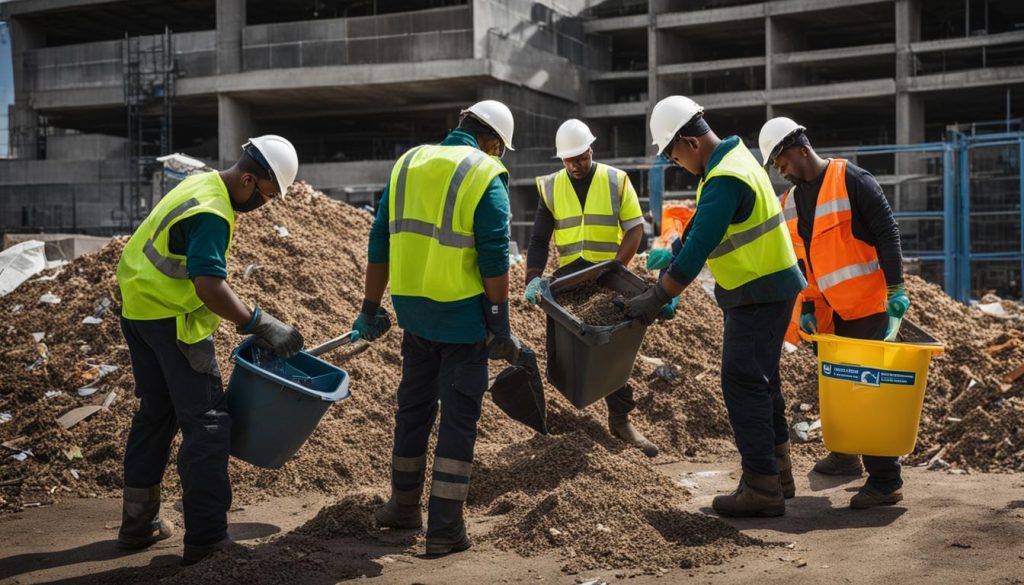
Eco-friendly cleanup and site restoration post-demolition will call for cleaning and restoration to the original conditions or reparation for the following developments on the site and, in this case;
- Soil Remediation: Contaminated soil might need to be remediated, thereby eliminating harmful pollutants and restoring fertility.
- Water Conservation: Water will be saved using water-saving measures like recycled water for dust suppression.
- Native Vegetation: Native vegetation helps restore biodiversity, prevents erosion, and improves the site’s ecological health.
The future of sustainable demolition
The demand for environmentally responsible demolition practices will increase further with the escalation of environmental concerns. New technology and innovations, such as robotic demolition or high-tech recycling, can change this business. Government regulations, tax incentives, and some subsidies also encourage eco-friendly demolition.
Through sustainable demolition, fewer footprints on Earth, resources saved, and a more sustainable future are possible. Contact a licensed, insured demolition company today to learn more about green demolition options and find ways to contribute to a greener future.






























































